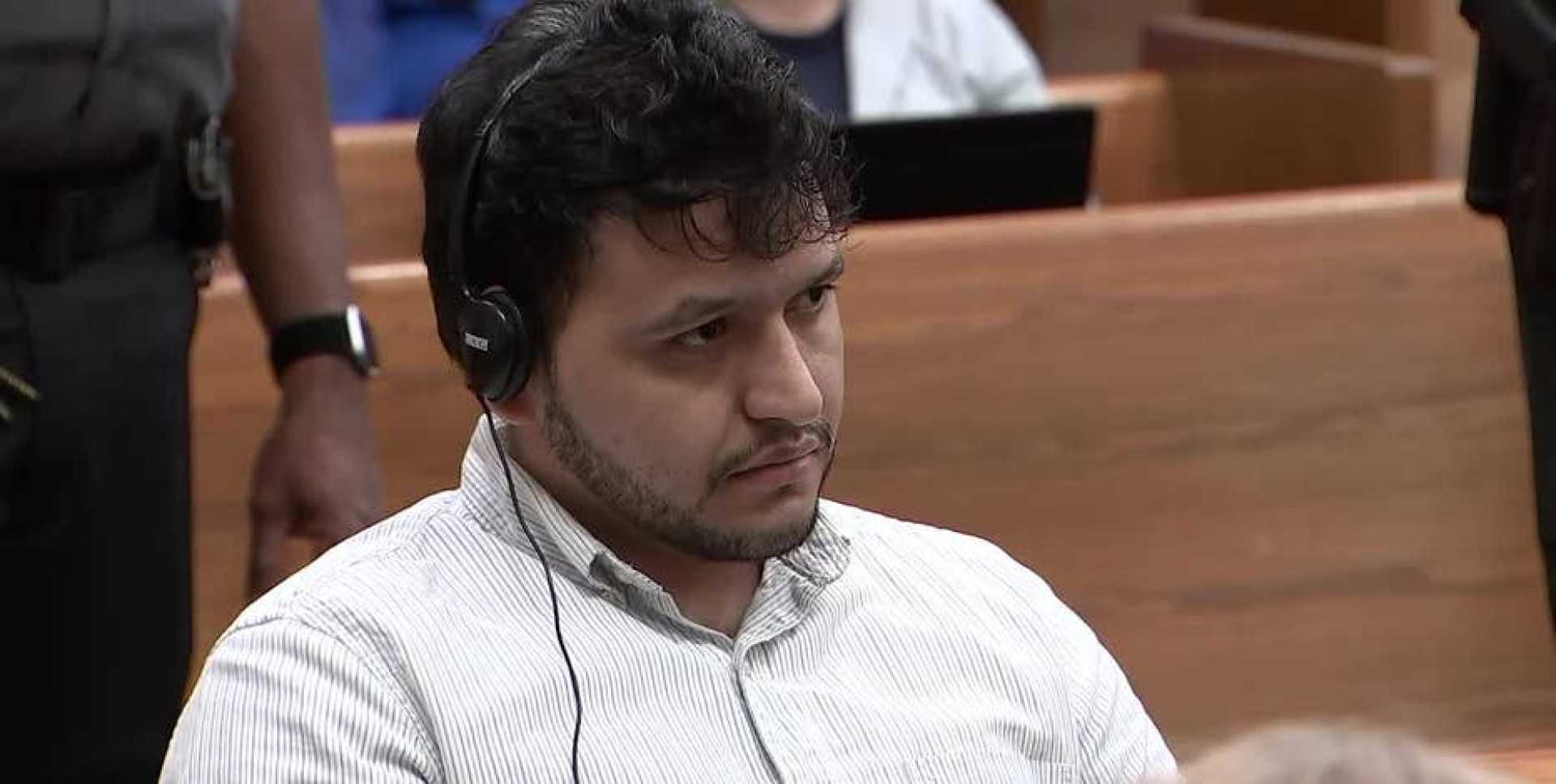News
Laken Riley Murder Suspect Seeks to Suppress Evidence as Trial Looms

José Ibarra, the 26-year-old Venezuelan man accused of murdering 22-year-old nursing student Laken Riley, is set to appear in court on Friday for a hearing to argue against the inclusion of certain evidence in his upcoming trial. The trial, scheduled to begin on November 18 in Athens-Clarke County, Georgia, has garnered significant attention due to the nature of the crime and the suspect’s immigration status.
Ibarra’s defense team has filed motions to suppress evidence, including cellphone data and DNA results, which they claim were obtained illegally by law enforcement. Additionally, they are challenging the testimony of a witness who performed DNA testing during Riley’s autopsy, arguing that the results did not exclusively match Ibarra but also did not exclude another individual associated with the case.
Laken Riley was found dead on February 22 along dirt trails on the University of Georgia‘s campus in Athens, where she was out for a run. Ibarra is accused of attacking and killing her in what UGA Police Chief Jeffrey Clark described as a “crime of opportunity.” The suspect allegedly lived in an apartment complex near the area where Riley was running, making it a short walk from his residence to the crime scene.
Ibarra, who illegally crossed into the United States through El Paso, Texas, in September 2022 and was released on parole, faces multiple charges including malice murder, kidnapping with bodily injury, aggravated assault with intent to rape, and obstructing or hindering a person from making a 911 call. He also faces a “peeping Tom” charge for an incident that occurred the same morning as Riley’s murder, which prosecutors argue is “inextricably intertwined” with the murder case.
The case has been referenced in the 2024 presidential election, with discussions around illegal immigration and its implications. Former President Clinton recently mentioned Riley’s murder during a campaign event, highlighting the need for proper vetting of immigrants to prevent such incidents.












